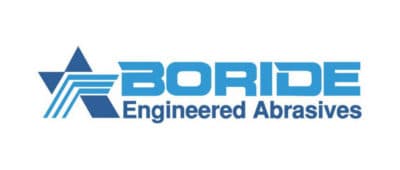Scott Franckowiak, the fair’s grounds department office manager, uses PMC, a computerized maintenance management system (CMMS) from DPSI, to help keep fair equipment properly maintained and the grounds ready for events throughout the year. He says, “It takes a lot of equipment to manage the Wisconsin State Fairgrounds. We maintain a fleet of vehicles, front-end loaders, outdoor maintenance equipment, saws, leaf blowers, drills, power tools, ladders, and non-motorized carts. We use some equipment almost exclusively during the summer, and other equipment during the winter. PMC reminds us to monitor all of the equipment year-round to make sure it’s in working condition.”
Maintenance activities vary depending on the season. In the late autumn, PMC prints out a work order reminding the grounds crew to charge the snowblowers to make sure they are ready to handle the snow and ice. Regular preventive maintenance activities also include checking oil levels, fluid levels, and hydraulic systems; rotating tires; making sure gears are greased; and ensuring that the steering is working correctly. Golf carts that are used as transportation during the summer are winterized, which involves removing the battery, flushing the fluids, and doing any engine or body work put off during the busy summer. Then, when summer arrives, the carts are “de-winterized:” the battery replaced, fluids added, and a thorough check made to ensure that nothing was damaged in the cold weather.
“Management wants us to run as tight a ship as we can,” says Franckowiak. “Any money we can save with preventive maintenance is incredibly helpful to the overall running of the fairgrounds. The grounds department is a big chunk of our budget because we’re out doing the manual labor. When we save money it helps the entire process.”





